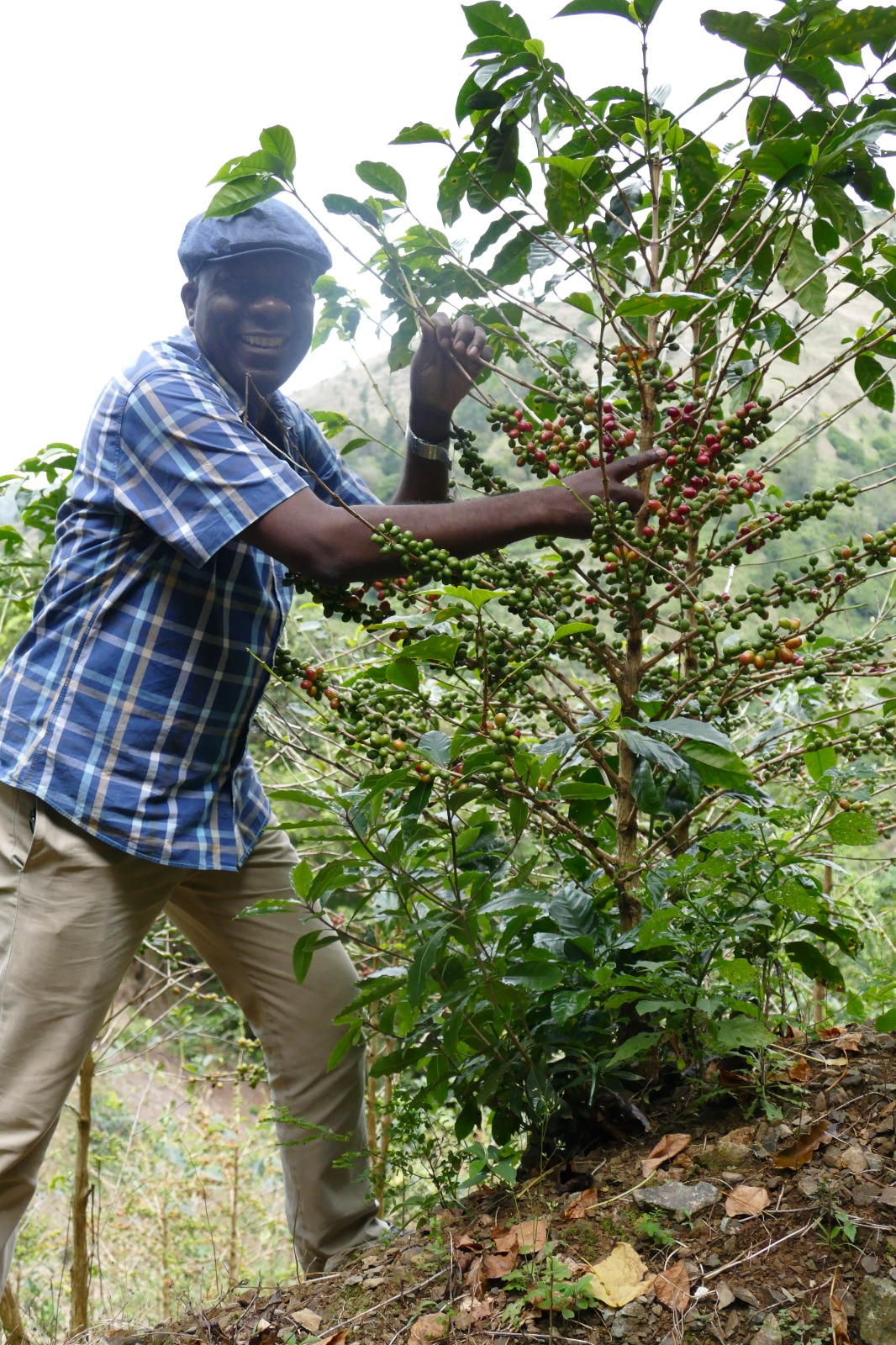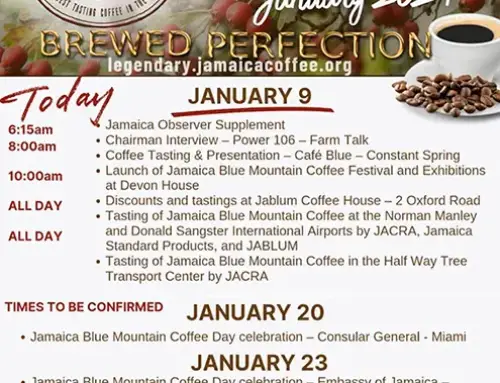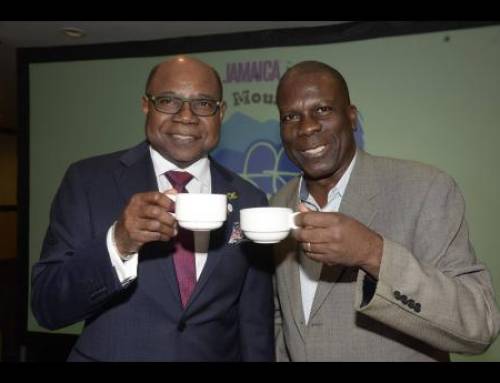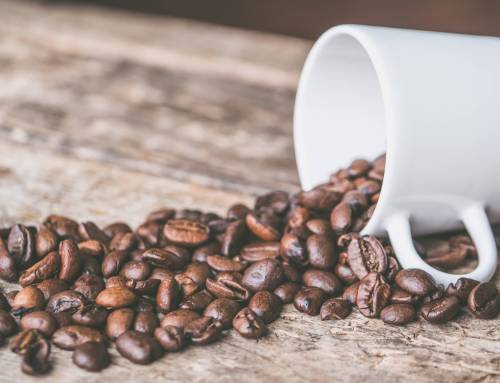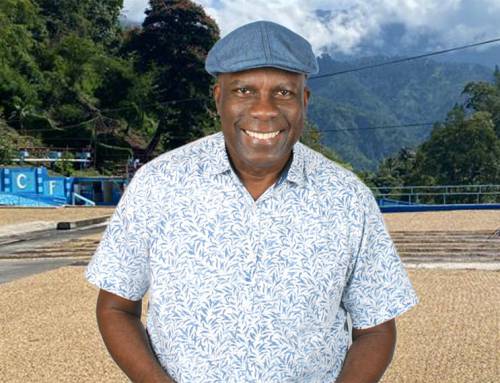JAMAICA’S TOP coffee roasters have signalled to the commodity regulator that one of their own, Salada Foods Jamaica Limited, would buy built-up inventory of beans at US$3 per pound.
But well-placed sources say that Salada has been buying beans at US$2 and is not prepared to go higher, despite the request by the Jamaica Coffee Exporters’ Association, JCEA, of which Salada is a member, to help facilitate their plan to sell to the company.
It’s likely to be one of the more fiery parts of a meeting set for today by the Jamaica Agricultural Commodities Regulatory Authority, JACRA, which reportedly will be having dialogue both with JCEA and Salada. What’s not clear is whether there will be separate meetings with the parties.
Facing a 90 per cent reduction in roasted coffee sales, JCEA members need to find markets for around 600,000 pounds of beans held in inventory, about 12 per cent of which belongs to Salada. JCEA wants Salada to buy the rest, but the Financial Gleaner has learned that the instant coffee processor is reluctant to pay US$3 per pound.
Much of the built-up inventory would have served market segments such as hotels, which have largely shuttered operations; restaurants, which have been experiencing dwindling business; and supermarkets whose operations are constrained by social distancing and curfew measures.
The loss of markets means losses for JCEA members, and they are looking for a bailout.
The association, which is chaired by Norman Grant, last week penned a letter to the JACRA, seeking its assistance in getting the Government to support a roughly $200-million subsidy to coffee processors as part of a COVID-19 intervention to the industry.
Coffee processors usually fetch US$8 per pound for green beans on the local market, the association told JACRA in correspondence seen by the Financial Gleaner.
That letter also says an agreement with Salada to buy inventory at US$3 per pound would still mean a US$5-per-pound loss for JCEA members; and as such, they were seeking the Government’s assistance in cushioning the blow to coffee processors.
“We are therefore asking that the Government subsidise this as part of the COVID-19 intervention to the industry to the tune of US$2 per lb, or $170 million, which would be transferred to JACRA to top up the processors on the sale of this coffee,” Grant stated in a press statement.
It means the processors would still absorb a loss of $250 million. But Grant noted that not only would this approach reduce the overall loss, it would also allow the purchasing of cherry coffee from the farmers for the balance of this crop, as well as the next, which begins on August 1.
The association is projecting that the 2020-21 crop will yield 220,000 boxes of Jamaica Blue Mountain and 25,000 boxes of High Mountain coffee, reflecting a 15 per cent increase in production over the previous crop.
Efforts at comment from JACRA Chairman Dennis Boothe about JACRA’s reception to JCEA’s request were unsuccessful.
However, the agency has invited Salada to a meeting set for today, Friday, amid what sources say is mounting anger among the leadership at the coffee company that the regulator is being injected into what should be a strictly commercial negotiation. Grant has also said JCEA is having dialogue with the regulator today about its request that was made to JACRA on May 4.
Since last week, Salada has been declining to comment on evolving issues around the coffee market, and its lobby for a lifting of export fees.
Grant hopes the dialogue with JACRA will move the JCEA towards securing approval for its request by the end of the month.
“We are going to have a virtual meeting with the JACRA team tomorrow [Friday] and we have also written to the Ministry of Agriculture; and I’m sending off a letter to the minister of finance today [Thursday],” Grant told the Financial Gleaner.

